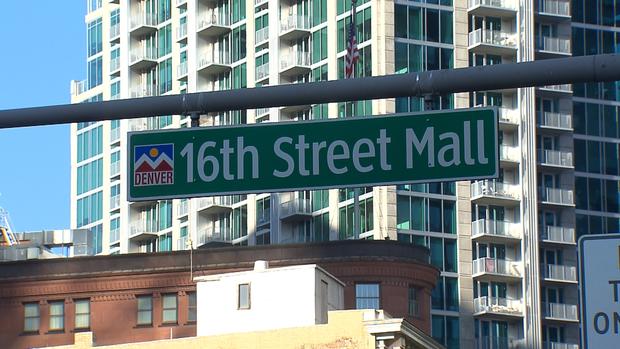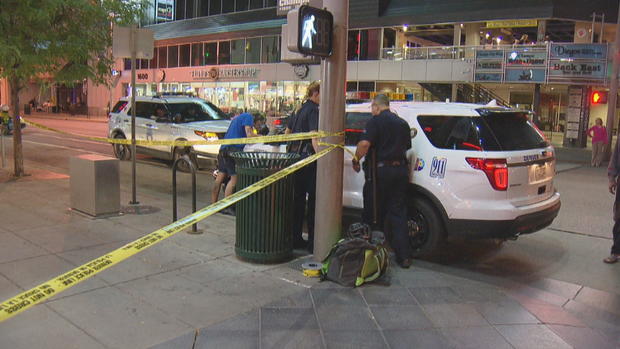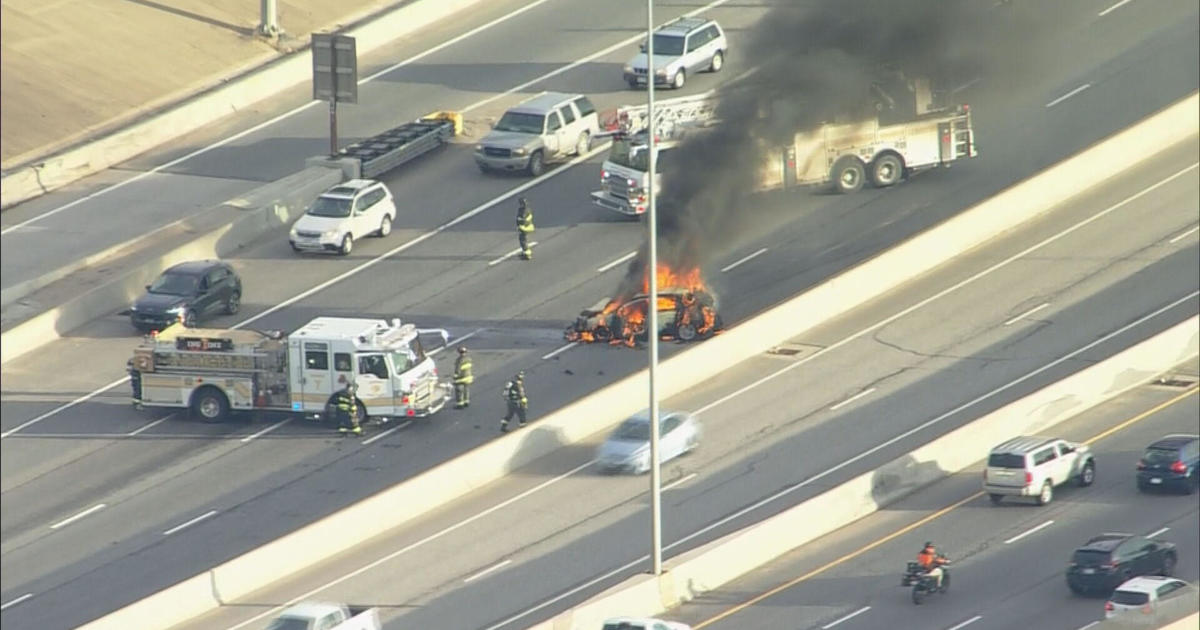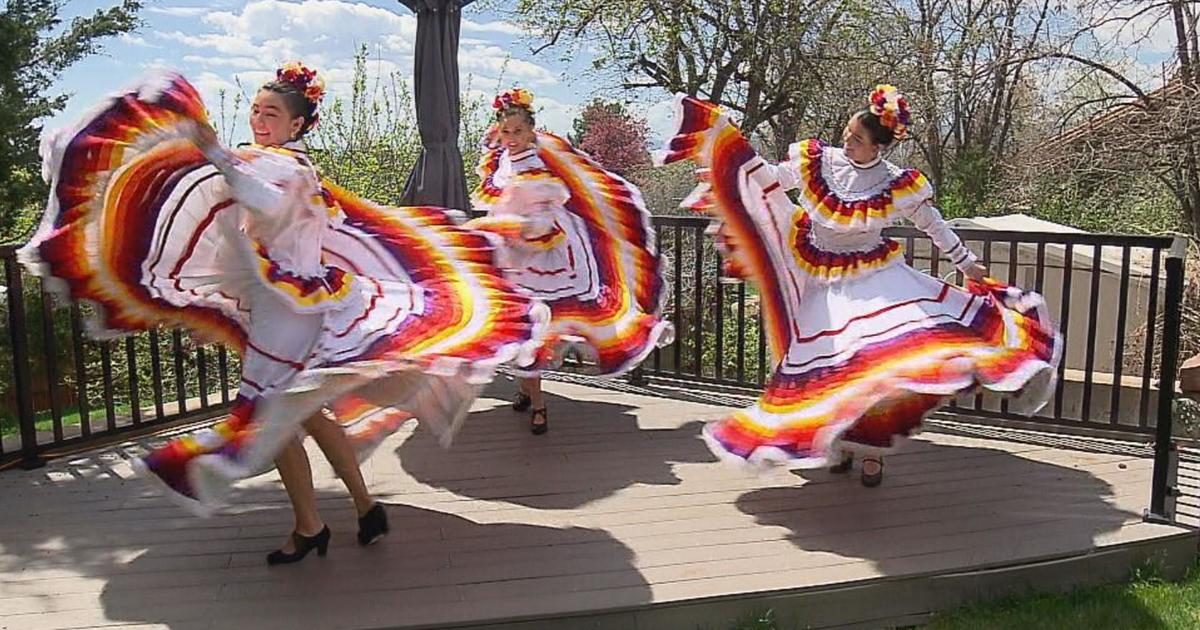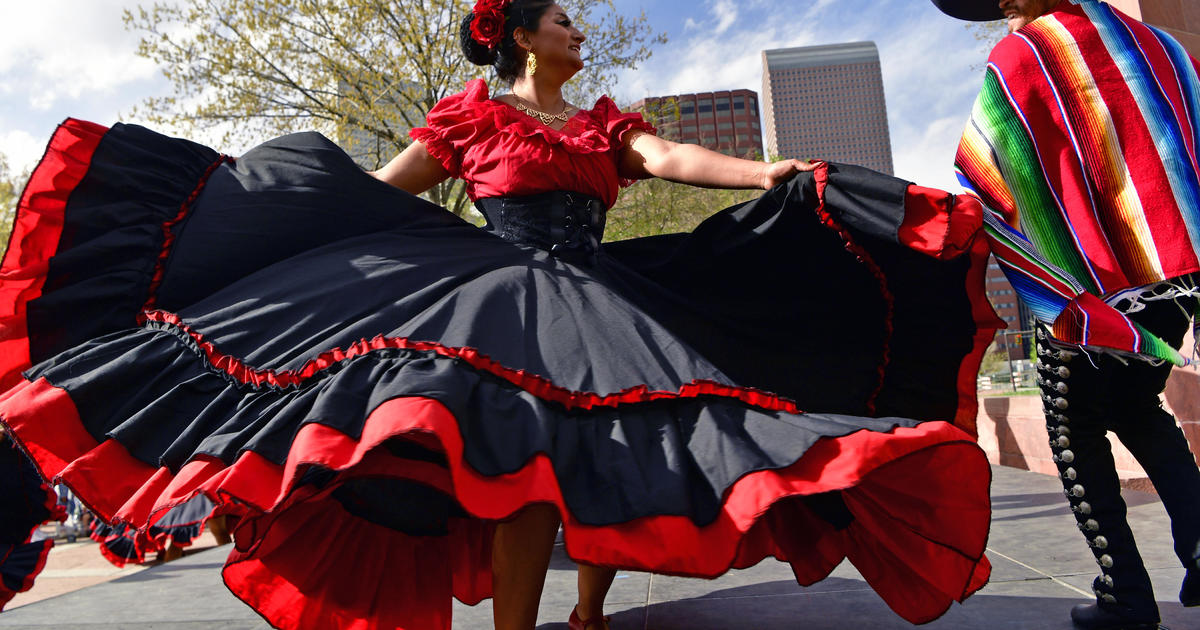Crime, pandemic cited as cause for struggling businesses in downtown Denver
The 16th Street Mall in downtown Denver is the most visited place in Colorado. But since the pandemic, the mall has been quieter, with fewer shoppers, and more empty storefronts.
Small business Tea with Tae opened on 16th Street mid-2022, a dream come true for founder Tae O'Dorisio.
"We did full-service tea, we had coffee as well, and we did pastries," O'Dorisio said.
But soon safety concerns popped up.
"We had incidents like our window getting shot out, someone coming in and defecating all over the store," O'Dorisio said. She says drug use in the shop was a daily occurrence.
"When you just don't have the foot traffic to justify all of those issues going on, it just didn't make sense long-term," O'Dorisio said.
After just six months in business, Tea with Tae closed its doors at the end of 2022. They're not the only business on the mall struggling.
"It has definitely affected us," said Frank Schultz, owner of nearby Otra Vez Cantina.
"When that happens in front of your retail location, people get scared and they don't come in," said Schultz, who says the past few years have been a 'perfect storm' of increased crime, inflation, and pandemic restrictions. Coupled with construction on the mall right outside his restaurant, Schultz says businesses are struggling with higher costs and less foot traffic.
"When you're around offices, I still think it's hard because they haven't all gone back yet," said Schultz.
"We lost 100,000 people from downtown from our workforce when our offices were shut down and that impacts the way we experience our streets," said Kourtny Garrett, CEO of the Downtown Denver Partnership.
Research from an "Urban Displacement Project" conducted by UC Berkeley and the University of Toronto suggests the problems businesses are seeing stem from a workforce that left during the pandemic and never fully returned. Researchers analyzed cell phone data from major US cities to compare recent population patterns to pre-pandemic numbers. They discovered that downtown Denver activity is 59% of what it was pre-COVID, ranking Denver's recovery at 35 out of the 62 cities studied. Denver's growing tech economy and snowy weather have increased remote work.
"This is one of those cold cities where in the winter folks are just not inclined to get in their car, suffer through that commute and go to the office. So they're working from home," said Project Director Dr. Karen Chapple.
In their absence, the city's crime and homelessness increased. From 2019 to 2022, there was a more than 20% increase in Denver County's unhoused population, according to point-in-time surveys from the Metro Denver Homeless Initiative.
"We saw a rapid rise in property crime, we saw a rapid rise in violent crime, and we're continuing to deal with that," said Armando Saldate, Executive Director of Denver's Department of Public Safety. At times, he says, police response has felt like a band-aid.
"Officers would encounter someone in crisis on the mall, someone trespassing," Saldate said, "that person would go to our jail, be processed out, and likely within a few hours be released out to the same conditions that lead him to be out there trespassing in the first place."
Now, Denver is changing their approach, hoping to address public safety through public health.
"So now our response and our dispatching of resources are not only enforcement oriented, but it's also oriented around outreach," Saldate said.
The city opened a diversion center downtown, hired cleaning crews to clear trash, graffiti, and human waste from streets, and created the Support Team Assisted Response (STAR) Program, where instead of police, a paramedic and clinician may respond to a mental health or addiction crisis.
"Greater illumination, cutting off access to the stairwells only for emergencies," said Debra Johnson, Regional Transportation District CEO. Changes were made at Union Station's underground bus depot, which also saw a crime increase when commuters began working from home.
"What we discovered was that people were using this space who weren't necessarily using public transit," said Johnson, "people were utilizing illegal substances in our public restrooms, so that was the catalyst that precipitated some of these changes."
After testing and finding fentanyl in the bathroom, RTD added a bathroom attendant, fixed posts for RTD Police, and contracted a mental health clinician and unhoused coordinator.
The city's goal is to find the right response for each situation, be it law enforcement or social services.
"Our community has spoken loudly that they want to feel safe here, so assaultive behavior, those types of things we will have zero tolerance for that," Saldate said.
The efforts come too late for Tea with Tae, the business is now focusing on wholesale and online orders. But as vibrancy flows back into the heart of the city, O'Dorisio imagines a return to 16th Street.
"I think it really could be this kind of gemstone of downtown where people can find local Colorado businesses and they can go enjoy shopping and have like a Denver experience," O'Dorisio said.
It's a cyclical problem downtown. As foot traffic decreases, crime increases, businesses leave, and foot traffic decreases even more. The Downtown Denver Partnership says the more people get back downtown to patronize businesses, the more that cycle is broken.
